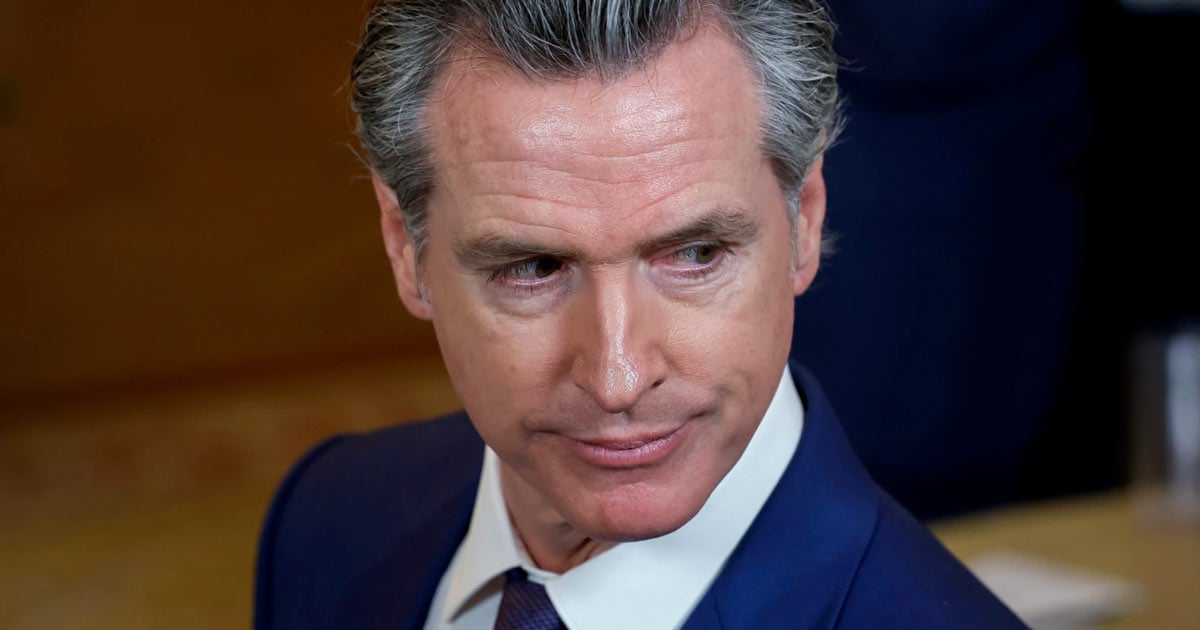The Supreme Court has agreed to weigh in on a significant case regarding California’s stricter vehicle emissions standards, which go against federal regulations.
As NBC News reports, this case addresses the conflict between California’s environmental ambitions and national industry interests.
California has been granted waivers by the Environmental Protection Agency (EPA) under the Clean Air Act.
The waivers enable the state to adopt vehicle emissions standards that surpass federal levels.
California’s stricter standards primarily focus on mitigating “greenhouse gases” to comply with the globalist “Net Zero” goals.
The judiciary’s scrutiny originates from whether liquid fuel companies and other business interests possess the standing to sue, arguing that California’s regulations potentially reduce the demand for their products.
California’s environmental leadership was notably supported during the Obama administration.
The Obama admin issued a waiver that allowed the state to regulate vehicle tailpipe emissions for greenhouse gases directly.
This autonomy was challenged under Trump’s presidency, as his administration aimed to revoke California’s waiver.
The Trump White House advocated for a standardized national approach towards vehicle emissions.
The Biden administration later reinstated California’s regulatory independence, reauthorizing its stringent standards.
Following the reinstatement in 2022, 17 states led by Republican governors, alongside various business factions, initiated a lawsuit challenging the EPA’s waiver decision.
The challenge has reinforced the debate around federal versus state oversight in environmental regulations.
California’s intentions to transition entirely to zero-emission cars and light trucks by 2035 reflect its aggressive strategy to “fight climate change.”
These ambitious targets, set by California’s 2012 regulations, are a focal point of legal and business conflicts.
In their challenge, business groups claim that the granted waiver allows California to act, as described, “as a quasi-federal regulator on global climate change,” posing significant implications for national commerce and regulatory consistency.
While some automakers support California’s stance in lower court proceedings, highlighting the split in industry perspectives, the Supreme Court’s forthcoming decision will crucially impact the regulatory landscape and the balance of power between state and federal governance.
The outcomes from the Supreme Court could fundamentally influence future negotiations and regulations concerning environmental policy across the United States.
As the court evaluates this controversy, it will decide not only on the specific issue of legal standing but also potentially set precedents affecting the extent of state powers in environmental governance.
This decision is awaited with keen interest by various stakeholders from policy makers to industry leaders.
Many are anticipating its broad impacts on the national climate agenda and market dynamics in the automotive sector.
The legal fruition of this case holds promises of defining the trajectory of U.S. environmental strategy, particularly in how state-specific regulations interplay with federally mandated standards and objectives, shaping significant aspects of American and global environmental policy.

Our comment section is restricted to members of the Slay News community only.
To join, create a free account HERE.
If you are already a member, log in HERE.